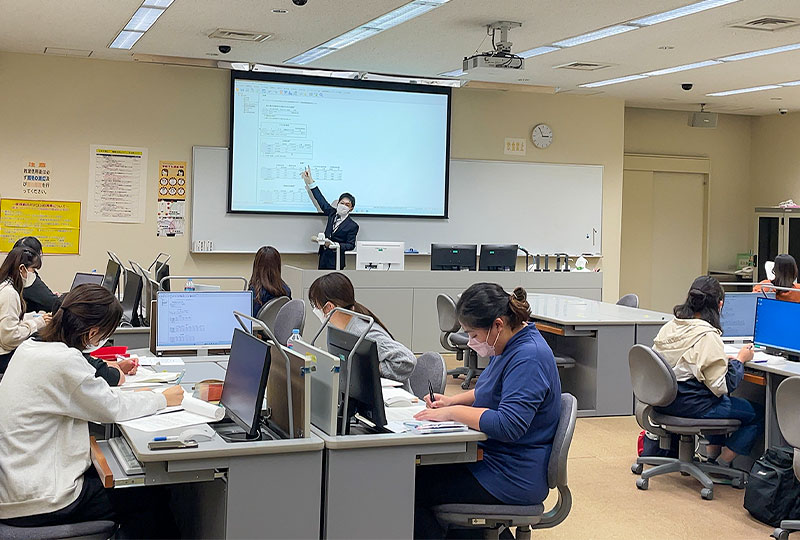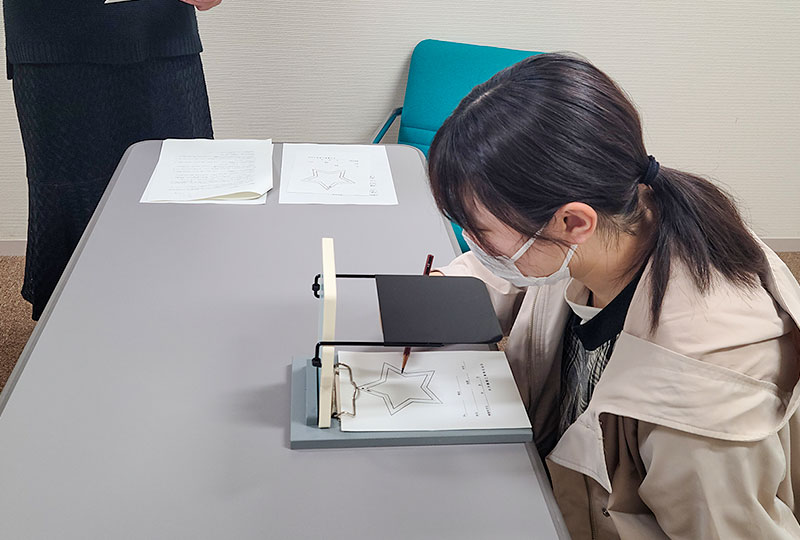Configuration of Faculty
The Faculty of Social Welfare has two departments: the Department of Social Welfare and the Department of Human Welfare. In the Department of Social Welfare, the curriculum focuses on cultivating professionals who can address welfare issues through the integration of three approaches: direct assistance to individuals, communities surrounding individuals, and the systems and policies underlying them. On the other hand, the Department of Human Welfare curriculum is designed to train individuals who can apply approaches to interpersonal assistance from developmental science, psychology, and human engineering to the discovery and resolution of welfare issues.
The Department of Social Welfare
Expectations for welfare change from time to time. The unprecedented level of decreasing birthrate and aging population have further complicated and diversified the needs for welfare. In other words, it is increasingly necessary to comprehensively study practical and direct assistance to address various individual welfare problems raised in daily life. It is also important to study indirect assistance to allow systematic or political approaches to actualize direct assistance. The department aims to enhance students’ analytical, planning and practical abilities to support humans and their lifestyle by combining two kinds of assistance from a community point of view.
The Welfare Policy Division
Looking at welfare from the perspective of ordinary citizens
While more and more people need assistance including the elderly and those with disabilities at a community level, insecurity in life and job is spreading among young people as well. We study what systems and policies are needed to address these issues from the perspective of ordinary citizens, particularly by deepening understanding on municipal and other specialized organizations that manage, administrate and provide welfare services, and by studying how they can collaborate with each other. We also develop knowledge and skills that are required in creating welfare systems that connect people, and learn to make better judgment on understanding humans and the direction societies should take.
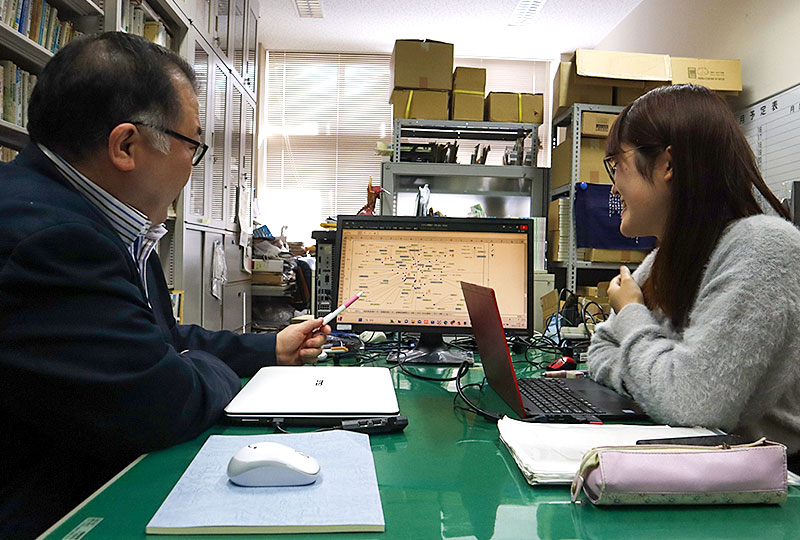
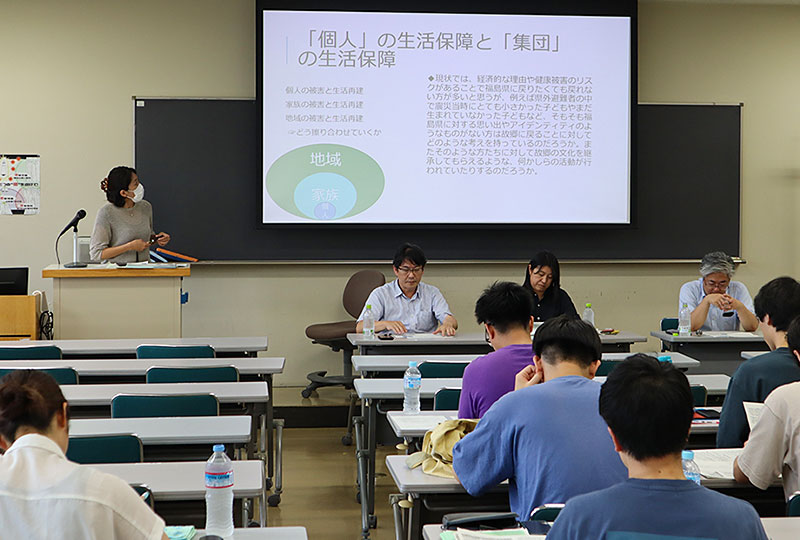
The Community Welfare Division
Towards a society with universal welfare
Our life units consist of communities and sub-groups that comprise them and there are many different challenges in creating a society where everybody can live together. In order to tackle regional challenges, we study both methods and technologies including related fields of telecommunication technologies, the creation of living environments, regional management, and mental health and welfare to realize more universal communities where all people respect differences and live in comfort.
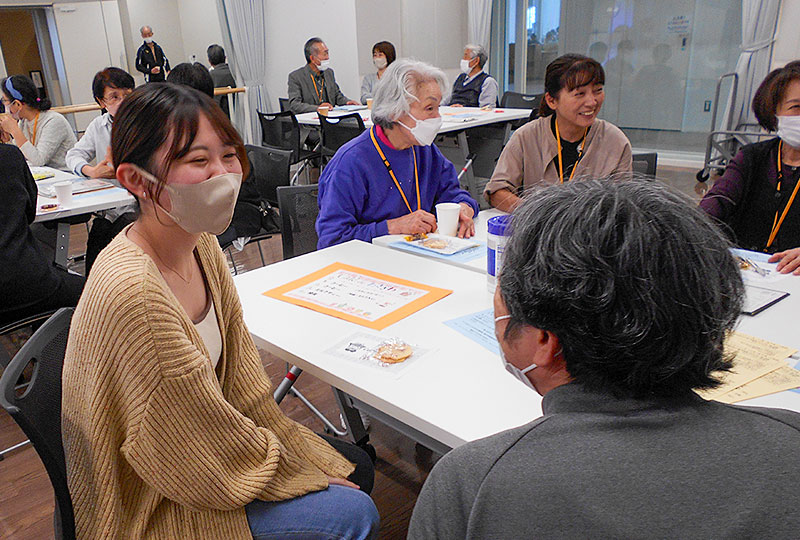
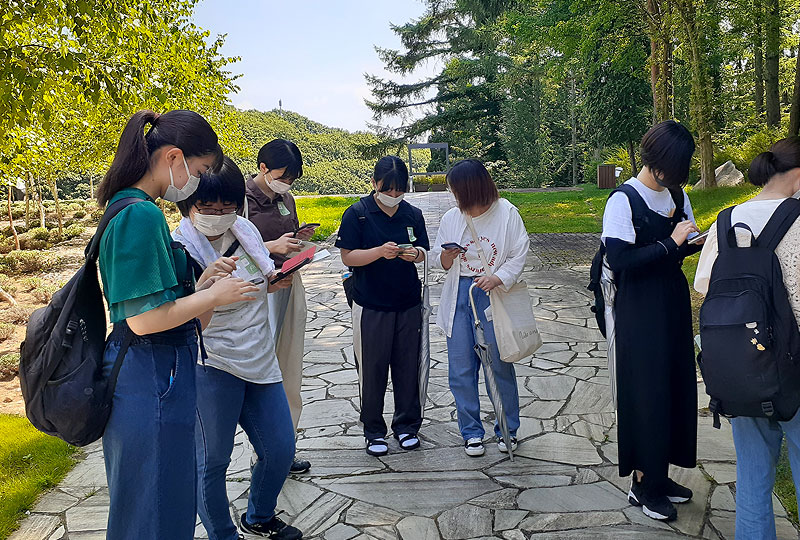
The Clinical Welfare Division
Supporting people’s desired way of life
Our goal is for students to master theories and techniques for practicing social welfare, particularly to build special capacities that are necessary in direct human services. Students learn integrated approaches based on understanding of social, physical and mental aspects of people who need assistance including values and a theoretical base, social work assisting techniques, research and assessment methods to measure effects of assistance that are all necessary for supporting social welfare.
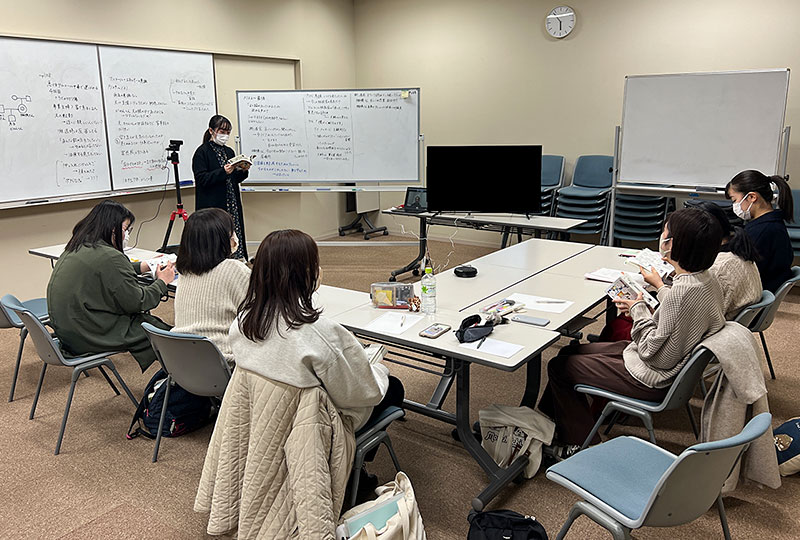
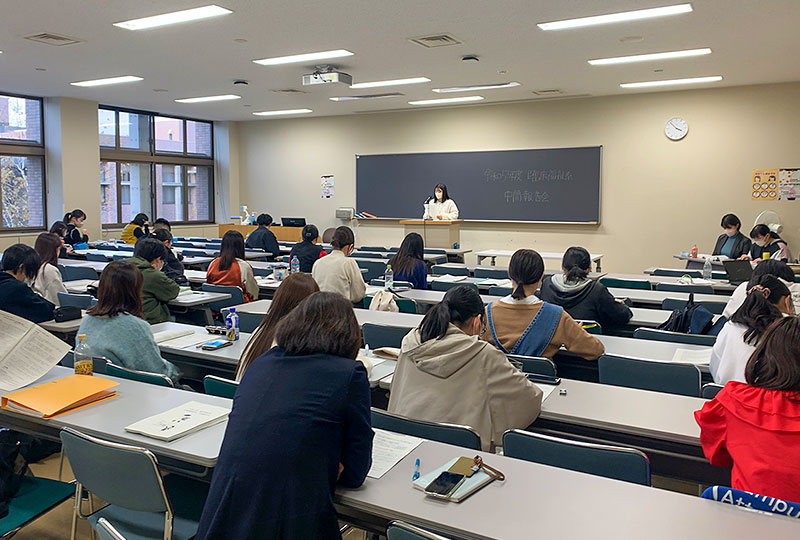
The Department of Human Welfare
In order to respond to more complex and diversified welfare needs, it is necessary to learn methods, techniques and wisdom in related human science fields in addition to social welfare studies in the narrow sense. The department allows a deeper understanding of lifelong human growth as well as psychological and behavioral features in each stage through psychology and developmental science in addition to basic social welfare studies. By doing so, we aim for students to acquire knowledge and skills and enhance their abilities to practice them to provide appropriate assistance to people with developmental and psychological issues in their lives.
The Lifelong Development Support Division
Developmental clinical practice that addresses the concerns of people throughout their lives
We address the developmental changes in people throughout their lifetime, from birth to death. This includes the process of children becoming adults, changes during adulthood, and the decline in old age. Throughout their long lives, people experience both gains and losses through growth, including disabilities and decline, leading to their thoughts and concerns about reality. Through fields such as childcare, parenting support, child development support, therapy, music education, social welfare, mental health, elderly care, and human engineering, we learn about developmental clinical practice and lifelong developmental support tailored to the realities and concerns of people living their lives.
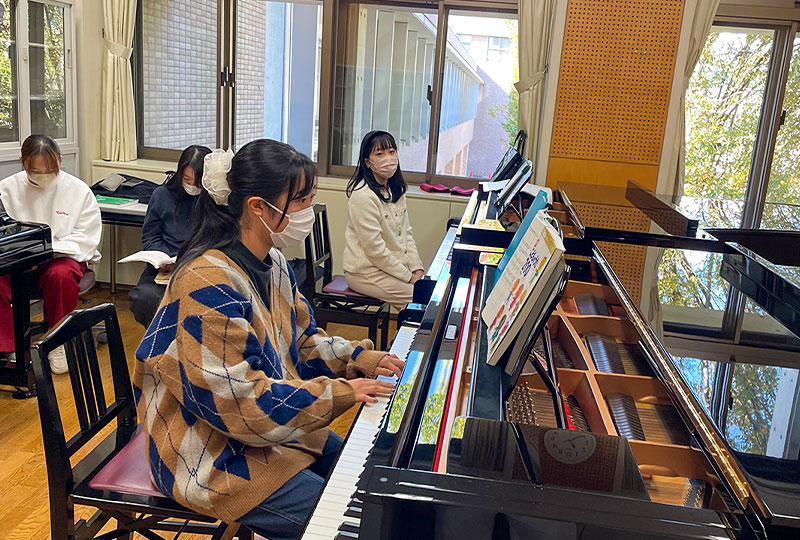
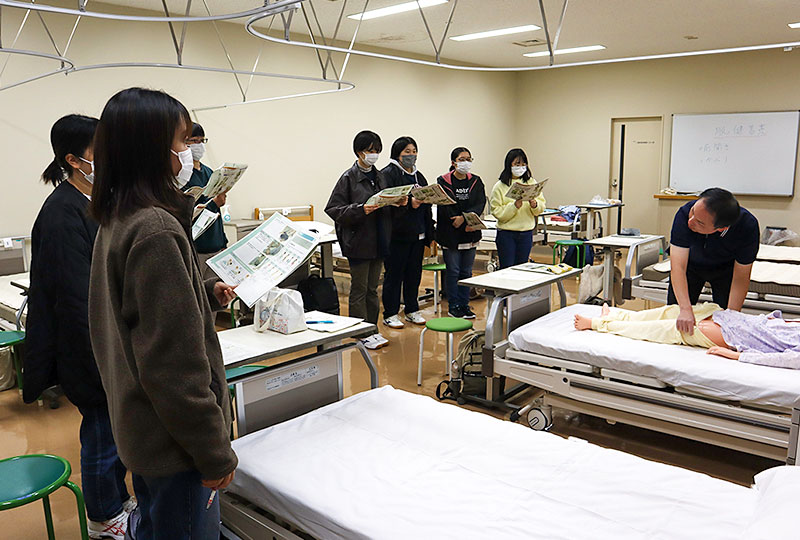
The Welfare Psychology Division
From “human” study to a welfare approach
Based on psychological thinking and methods, we think theoretically about what approaches could be taken so that assistance is accepted for its sake and bears fruits. Students are also encouraged to pay attention to human cognition, development, relations, and clinical and criminological fields in order to learn methods to develop wisdom that contributes to human welfare while aiming to master specific knowledge and skills.
